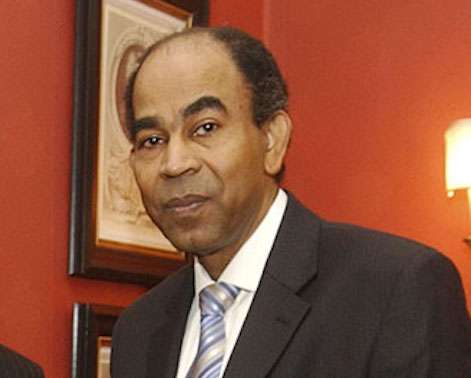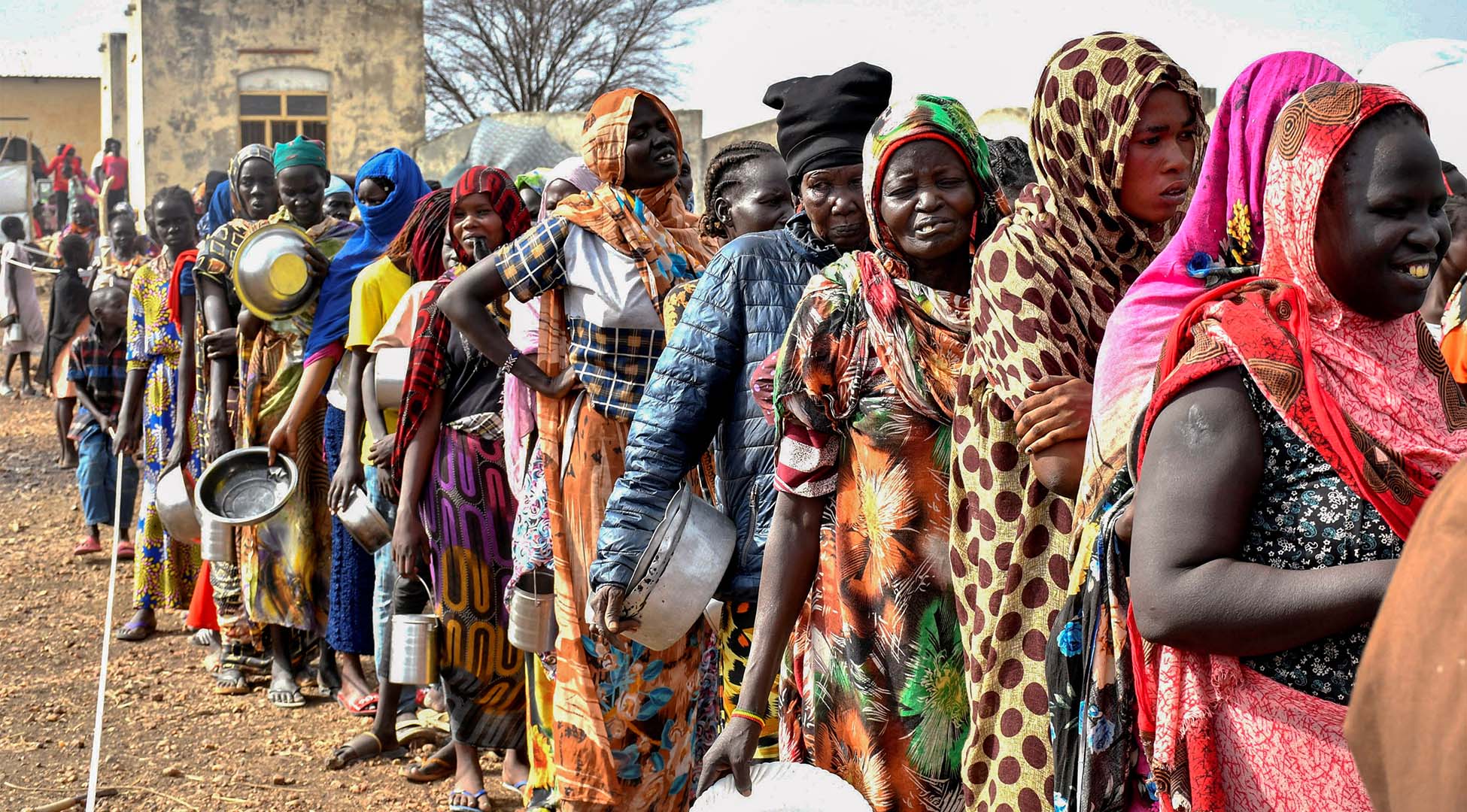Osman Mirghani: Sudan and the campaign against returning the displaced

As the armed conflict rages on, Sudan has been and is being subjected to a vicious media and psychological war aimed at manipulating public opinion by either sowing confusion, inciting strife, instilling despair, or breaking morale. Disinformation has been a key weapon, and social media has become a major battleground of this war because of the speed at which information can be spread, its wide reach, and people’s tendency to share posts without verification or scrutiny. Indeed, this grants disinformation campaigns, run by digital “armies” or individuals with ulterior motives, considerable influence.
Recently, the narrative has shifted its focus to fear-mongering, through efforts to convince refugees and displaced people not to return to the homes that they had been driven out of. This comes as campaigns encouraging them to go back to their homes (after the army regained control over wide areas, most recently Khartoum) continue to build momentum. The rhetoric of this campaign seeking to spread panic constantly exaggerates the instability and insecurity of army-controlled areas, as well as problems with basic services like water, electricity, healthcare, and education, claiming that they are nonexistent and that these areas are therefore unlivable.

Another aspect of this campaign is the escalating drone attacks by the Rapid Support Forces (RSF) and their backers primarily focused on energy facilities, power transformers, and sometimes shelters for displaced people. While such attacks cannot ensure victory alone, they do aggravate people’s suffering and undermine efforts to repair the infrastructure that the RSF systematically destroyed.
RSF elements also contribute to this campaign by broadcasting videos threatening to invade regions in the north, as well as releasing footage of massacres against civilians. This week, they posted a horrifying and repugnant video of civilian prisoners being executed in the Salha area south of Omdurman.
The common thread across these campaigns is instilling fear and spreading despair to break morale, undermine popular support for the army and its military efforts, and downplay the army’s broad victories by claiming that the military has failed to achieve security or provide people with viable living conditions.
“Discouraging Sudanese people from returning is not necessarily driven by humanitarian or security concerns. It often aligns with the political interests and calculations of the actors behind these calls.”
Beyond that, these campaigns are meant to compel the army to negotiate and push the international community to intervene, on the grounds that living conditions are deteriorating and people are suffering. Throughout the war, some forces have been betting on the deterioration of living conditions to draw international intervention under various pretexts, from promoting a narrative that there is a famine to raising the flag of civilian protection. Because the army’s victories, the return of people to their homes, and life going back to normal undermine this effort, we have seen an intensification of campaigns to spread fear, demoralize the public, and prevent the return journeys of refugees and the displaced.
These campaigns use a broad range of tools: articles in traditional media, posts and comments on social media platforms, and rumors- examples include the rumor of a radioactive leak at the cancer hospital in Khartoum and another that the strike on Wadi Seidna military base north of Omdurman was not carried out by RSF drones but by American and Israeli aircraft. The aim is to make the people apprehensive, and to convince them that the country is not unsafe and the war is about to escalate. The actors involved in this psychological and media war have been relentlessly warning the displaced not to return; they try to sabotage initiatives for voluntary repatriation, claiming that they have no choice but to remain in host countries or the regions of Sudan they had fled to.
Discouraging Sudanese people from returning is not necessarily driven by humanitarian or security concerns. It often aligns with the political interests and calculations of the actors behind these calls. Some believe that the return of citizens affirms the victories of the army and its allies, and they do not want that because of the extreme polarization that has gripped Sudan. In fact, some perceive the army’s victory as their defeat, while they see the RSF as a tool to carry out their agenda.

No reasonable person can deny that the war has made life in Sudan extremely difficult, or that the widespread and systematic destruction of its infrastructure has severely undermined the provision of essential services. At the same time, however, there is a major effort to clear the debris of war, clean and disinfect the streets, and repair and restore vital services. These efforts are enthusiastically supported by the citizens who have returned to their homes to secure and rebuild them. You can hear these citizens calling on their neighbors and acquaintances to come back and take part in reconstruction and in the effort to restore normality.
READ: Antalya Diplomacy Forum cooperates with African Union
A life of exile and displacement cannot become permanent or a destiny that people simply resign themselves to. Sudan will not be rebuilt from displacement camps or refugee shelters. Only the determination and hard work of its sons and daughters, in their neighborhoods, villages, and cities can build it back no matter the challenges or obstacles. Returning does not only reflect a triumph of determination and willpower. It will also lay the foundations for reconstruction, the restoration of security and stability, safeguarding social cohesion, and building our homeland and protecting it from fragmentation, collapse, and the schemes of conspirators.
The views expressed in this article belong to the author and do not necessarily reflect the editorial policy of Maghrebi.org. Osman Mirghani is Editor-at-Large of Asharq Al Awsat.
If you wish to pitch an opinion piece please send your article to alisa.butterwick@maghrebi.org.
Want to chase the pulse of North Africa?
Subscribe to receive our FREE weekly PDF magazine













